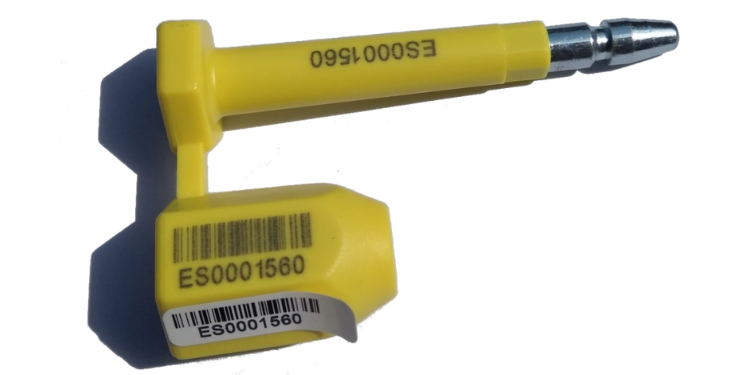The ISO 17712 certification holds significant importance in the realm of security and international trade. This certification serves as a testament to the commitment of organizations in ensuring the safety and integrity of their cargo during transit. In the context of Iceland, a country known for its thriving trade and economic activities, obtaining ISO 17712 certification plays a pivotal role in maintaining its reputation as a reliable and secure trading partner on the global stage.
Understanding ISO 17712 Certification:
ISO 17712 is an international standard that sets forth requirements for high-security seals used in containerized cargo transportation. These seals are applied to shipping containers and trailers to prevent unauthorized access, tampering, or theft. The certification is crucial to ensure that containers are properly sealed and that their contents remain intact from point of origin to destination.
The ISO 17712 certification comes in three main categories, or “classes,” each providing a different level of security and protection:
- Class 1: Indicative seals, which provide a basic level of security and tamper evidence.
- Class 2: Barrier seals, which offer a higher level of security and are more tamper-evident.
- Class 3: High-security seals, which provide the highest level of security and tamper resistance.
Importance of ISO 17712 Certification in Iceland:
In a country like Iceland, where international trade is a vital component of its economy, maintaining the security and integrity of cargo becomes paramount. The nation’s unique geographic location, surrounded by the North Atlantic Ocean, makes it heavily reliant on maritime transportation for both imports and exports. As goods traverse various international waters and enter different jurisdictions, ensuring the authenticity and security of containers becomes a complex challenge.
The ISO 17712 certification addresses these challenges by establishing uniform security standards for seals used in containerized cargo. By adhering to these standards, Icelandic businesses can enhance their credibility and trustworthiness in the eyes of global partners. This certification not only safeguards the interests of exporters and importers but also contributes to Iceland’s positive image as a responsible and secure trading nation.
Benefits of ISO 17712 Certification:
- Global Recognition: ISO 17712 certification is globally recognized, which means that Icelandic businesses certified under this standard can seamlessly participate in international trade with partners from different corners of the world.
- Reduced Risk: The certification helps in minimizing the risk of cargo tampering, pilferage, and theft, which can lead to financial losses, delays, and reputational damage.
- Regulatory Compliance: ISO 17712 certification ensures that Icelandic businesses comply with international regulations and security protocols, enabling smoother customs clearance and reduced chances of inspections and delays.
- Enhanced Security Culture: Obtaining this certification encourages a culture of security consciousness within organizations, leading to better practices, employee awareness, and overall risk mitigation.
- Competitive Advantage: With ISO 17712 certification, Icelandic companies gain a competitive edge by assuring their trading partners of the security and authenticity of their cargo, potentially leading to increased business opportunities.
Conclusion:
In conclusion, ISO 17712 certification in Iceland serves as a powerful tool for fostering secure and reliable international trade. By adhering to the stringent security standards set forth by this certification, Icelandic businesses can demonstrate their commitment to safeguarding cargo integrity and enhancing global supply chain security. As the nation continues to engage in diverse trade activities across the seas, maintaining the highest levels of security becomes not only a requirement but a strategic imperative. Through ISO 17712 certification, Iceland can solidify its position as a trustworthy and secure player in the ever-evolving landscape of global commerce.












